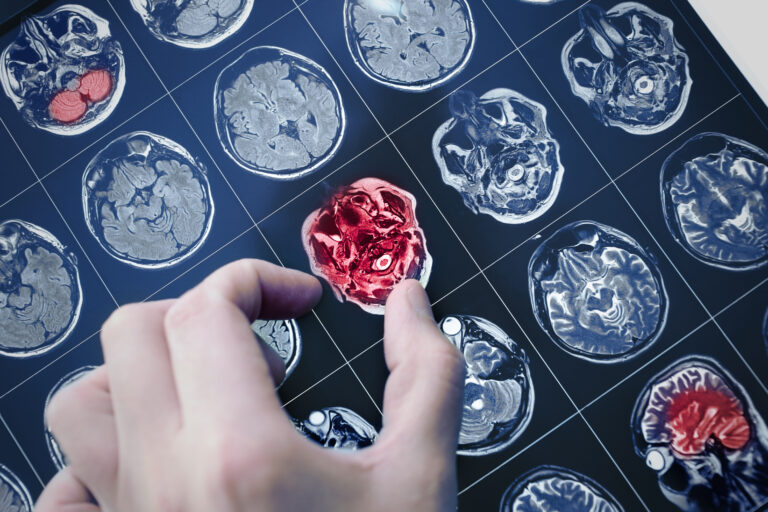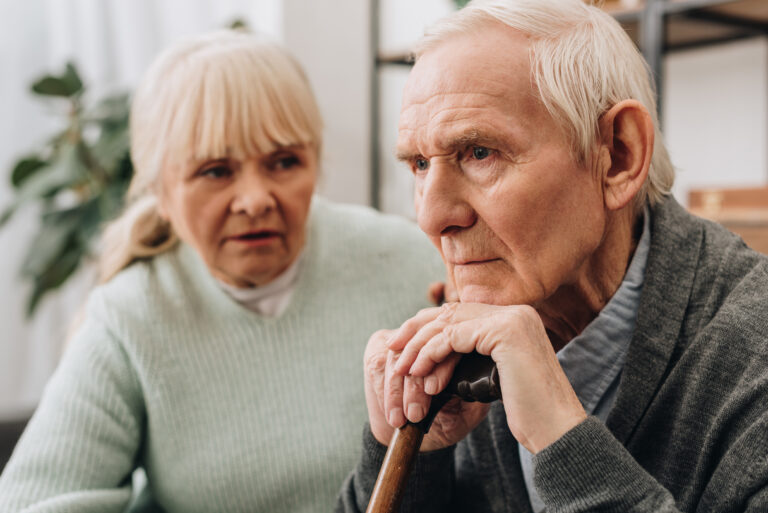Radiation therapy can affect the immune system, but its impact is complex and depends on several factors such as the type of radiation, the area treated, and the overall health of the patient. Radiation therapy primarily works by damaging the DNA of cancer cells to stop them from growing and dividing. However, because it targets a specific localized area, it can also affect healthy cells nearby, including some immune cells.
One way radiation therapy can influence immunity is by reducing white blood cell counts temporarily. White blood cells are crucial components of the immune system that help fight infections. When radiation targets areas rich in bone marrow—where many immune cells are produced—it may lower these cell counts and weaken immunity during treatment. This effect makes patients more vulnerable to infections while undergoing therapy.
On the other hand, radiation does not usually cause widespread immunosuppression like chemotherapy often does because it is localized rather than systemic. For example, external beam radiation aimed at a tumor site generally spares much of the rest of the body’s immune function intact. Many patients receiving targeted radiation do not become immunocompromised in a significant way or experience major drops in their overall blood counts.
Interestingly, beyond just damaging cancer cells directly, radiation can also stimulate certain parts of the immune system. When tumor cells die due to radiation damage, they release antigens—molecules that alert and activate immune responses against cancer. This process sometimes enhances anti-tumor immunity by helping train immune cells to recognize and attack remaining cancerous tissue elsewhere in the body—a phenomenon known as an abscopal effect.
Radiation may also trigger inflammatory signals within tissues that further boost local immune activity against tumors by activating inflammasomes (immune sensors) and producing molecules that attract more defense cells into action around irradiated sites.
Despite these potential positive effects on anti-cancer immunity at tumor sites or nearby lymph nodes involved in fighting disease locally or systemically after treatment begins; there remains a risk for temporary weakening during active treatment phases due to collateral damage on normal bone marrow or circulating white blood cells.
Because this weakening is usually temporary with proper medical monitoring—and because modern techniques aim to minimize exposure outside target areas—the long-term impact on overall immunity tends to be limited for most patients once treatment ends.
Patients undergoing radiation are closely monitored through regular blood tests checking their white cell levels so doctors can manage infection risks proactively if needed through supportive care measures such as antibiotics or growth factors stimulating new white cell production.
To support your body’s defenses during this time:
– Maintaining good nutrition with balanced meals rich in fruits, vegetables, lean proteins (like chicken or fish), whole grains, and healthy fats helps provide essential nutrients for rebuilding immunity.
– Staying hydrated supports all bodily functions including those related to healing.
– Resting adequately allows your body time to recover from both disease burden and treatment stress.
– Following infection prevention practices like hand hygiene reduces exposure risks when your defenses might be down.
– Communicating openly with your healthcare team about any symptoms such as fever or unusual fatigue ensures timely intervention if complications arise.
In summary: Radiation therapy has a dual nature regarding immunity—it can cause temporary suppression mainly through effects on bone marrow-derived white blood cell production but simultaneously may enhance anti-cancer immune responses locally via antigen release and inflammation stimulation around tumors. The degree of impact varies widely depending on individual circumstances including where exactly you receive radiotherapy and how extensive it is. With careful management alongside supportive lifestyle habits tailored by healthcare providers specializing in oncology care teams focused not only on treating cancer but preserving quality of life throughout treatment journeys—patients generally navigate these challenges successfully without permanent harm to their overall immune systems.





